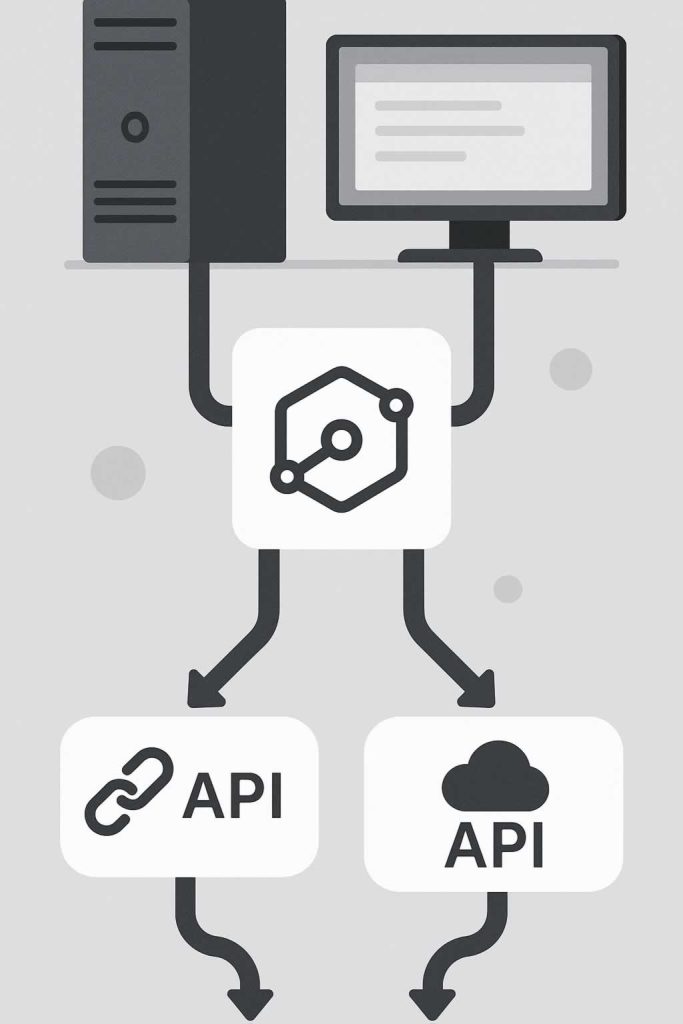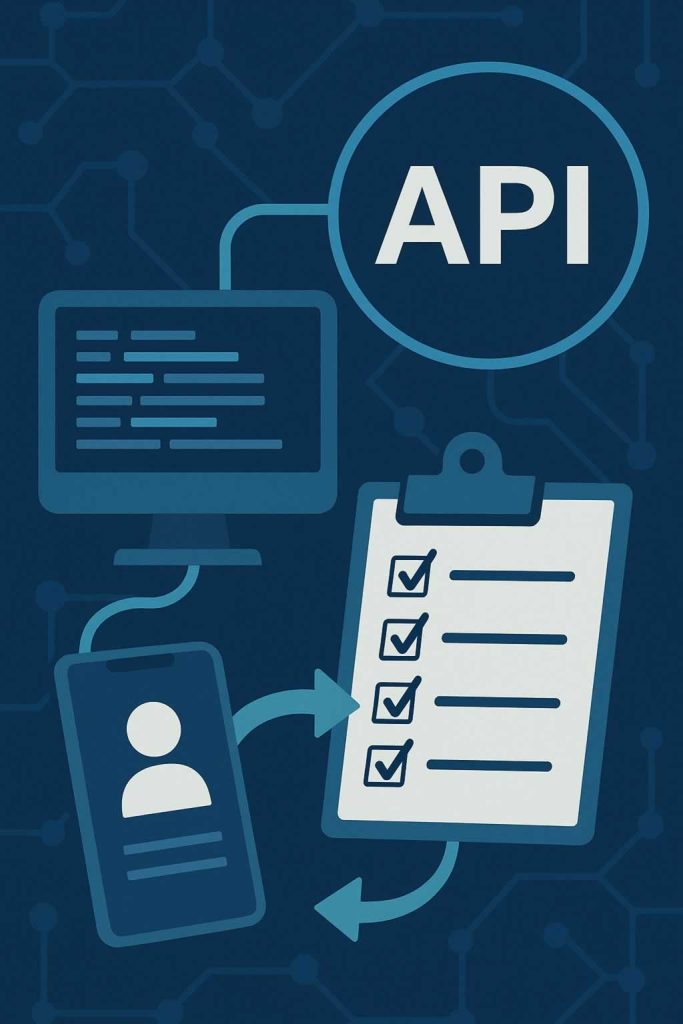

n8n workflows can call external APIs, and this is one of its most powerful capabilities. At AEHEA, we regularly build workflows that interact with dozens of external services through API calls. Whether we are integrating with payment processors, CRM platforms, social media services, or custom AI models, the ability to connect to any API makes n8n a highly flexible automation tool. This allows us to create seamless data flows across tools that would otherwise remain isolated.
The primary node used for calling external APIs is the HTTP Request node. This node supports GET, POST, PUT, DELETE, and other HTTP methods. We use it to send data, retrieve results, or trigger remote actions. All standard request elements like headers, query parameters, authentication tokens, and request bodies can be configured within the node. This means we can connect to any service that offers an API, even if it is not officially supported as a native n8n integration.
Because n8n allows dynamic input and JavaScript-based manipulation of data, we can easily pass variables into API requests. For example, we can extract information from a previous node, format it into JSON, and send it as part of a POST request. We can also use the response from the API to trigger conditional logic, start new workflows, or update records in other systems. This flexibility allows us to turn API calls into intelligent decision-making tools within broader automation pipelines.
At AEHEA, we often use n8n to connect multiple APIs in sequence. We might pull data from one system, enrich it using an AI service, then send the results to another platform. The HTTP Request node acts as the glue between services, and it gives us full control over how data moves and transforms across the workflow. This makes n8n not just a tool for simple automation, but a true engine for orchestrating complex, multi-service processes with reliability and clarity.
